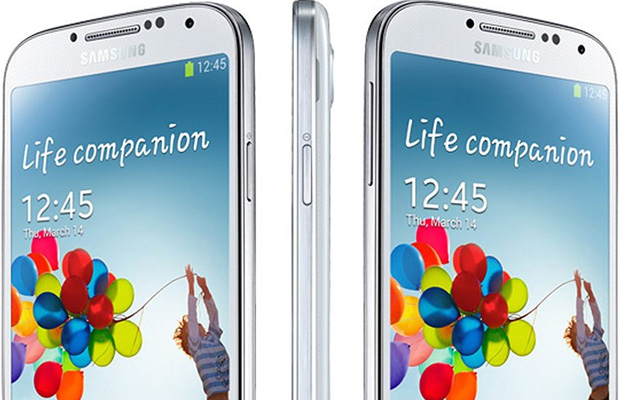Purdue 'HUSH' Tool Promises 16 Percent Battery Life Improvement For Wasteful Android Phones
Researchers from Purdue University have developed a software tool for Android smartphones that purportedly slows down battery drain when handsets enter a sleep state. With the software tool installed, the researchers claim that smartphone battery life can be extended by nearly 16 percent.
Called "HUSH," the software solution was developed in response to what the researchers say is the first large-scale study of smartphone energy drain occurring from everyday use by consumers. The researchers conducted the study in collaboration with Intel and startup mobile company Mobile Enerlytics, who together examined the use of 2,000 Samsung Galaxy S3 and S4 phones from 191 mobile operators in 61 countries.
What they found is that apps drain 28.9 percent of battery power while the screen is turned off. The reason for this is because apps often wake up in the background to do "useful things," which is normal, but afterward they fail to let the phone go back into a proper sleep state.

"They are not letting the phone go back to sleep because of software bugs and, specifically, due to the incorrect use of Android power control application programming interfaces called wakelocks," said Y. Charlie Hu, a Purdue professor of electrical and computer engineering.
This is where HUSH comes in. As explained by a press release put out by Purdue University, HUSH dynamically identifies app background activities that it deems aren't useful to the user experience on a per-app basis and suppresses those apps when the screen is turned off.
It's a bit of a tricky solution since not all apps should be suppressed. For example, someone who's heavy into the social media scene may want Facebook to wake up and check for updates rather than sit completely dormant when the display is turned off. Since HUSH is a dynamic solution, we assume it adjusts its behavior based on how a person uses their smartphone, though the researchers aren't crystal clear about this.
If you want to try it out for yourself, you can grab HUSH for free from its Github page.
Called "HUSH," the software solution was developed in response to what the researchers say is the first large-scale study of smartphone energy drain occurring from everyday use by consumers. The researchers conducted the study in collaboration with Intel and startup mobile company Mobile Enerlytics, who together examined the use of 2,000 Samsung Galaxy S3 and S4 phones from 191 mobile operators in 61 countries.
What they found is that apps drain 28.9 percent of battery power while the screen is turned off. The reason for this is because apps often wake up in the background to do "useful things," which is normal, but afterward they fail to let the phone go back into a proper sleep state.

"They are not letting the phone go back to sleep because of software bugs and, specifically, due to the incorrect use of Android power control application programming interfaces called wakelocks," said Y. Charlie Hu, a Purdue professor of electrical and computer engineering.
This is where HUSH comes in. As explained by a press release put out by Purdue University, HUSH dynamically identifies app background activities that it deems aren't useful to the user experience on a per-app basis and suppresses those apps when the screen is turned off.
It's a bit of a tricky solution since not all apps should be suppressed. For example, someone who's heavy into the social media scene may want Facebook to wake up and check for updates rather than sit completely dormant when the display is turned off. Since HUSH is a dynamic solution, we assume it adjusts its behavior based on how a person uses their smartphone, though the researchers aren't crystal clear about this.
If you want to try it out for yourself, you can grab HUSH for free from its Github page.

